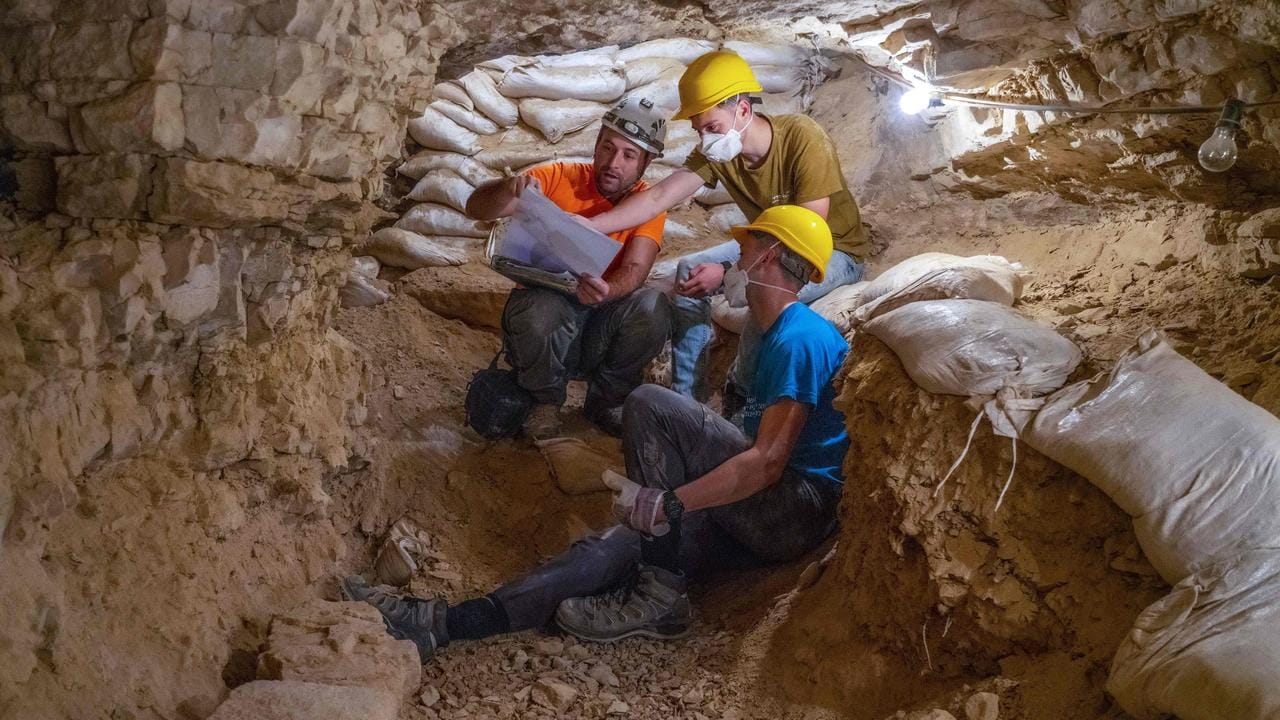Israel has unveiled fragments of a biblical scroll dating back some 2000 years, in what experts described as the most significant such find since the Dead Sea Scrolls.
The artefacts were unearthed during excavations by the Israel Antiquities Authority in the Judaean desert, which spans parts of southern Israel and the West Bank.
In a site known as the “Cave of Horrors,” archaeologists found fragments of a scroll with a Greek translation of the Hebrew bible, the first such find since the early 1960s.

